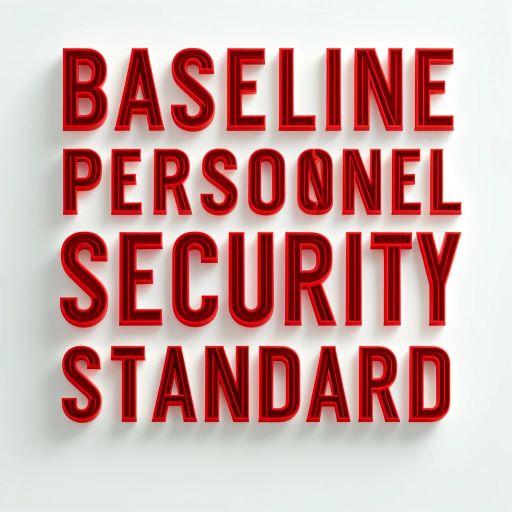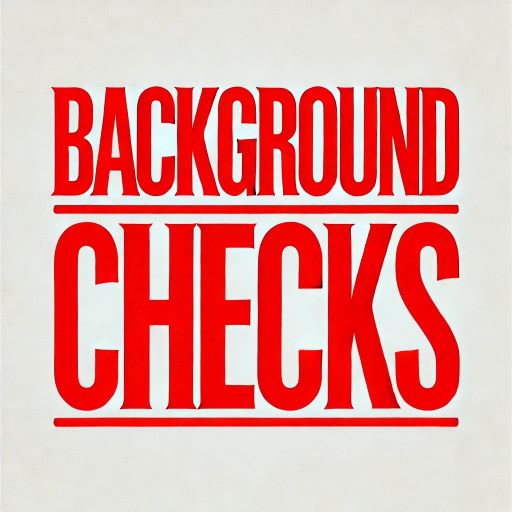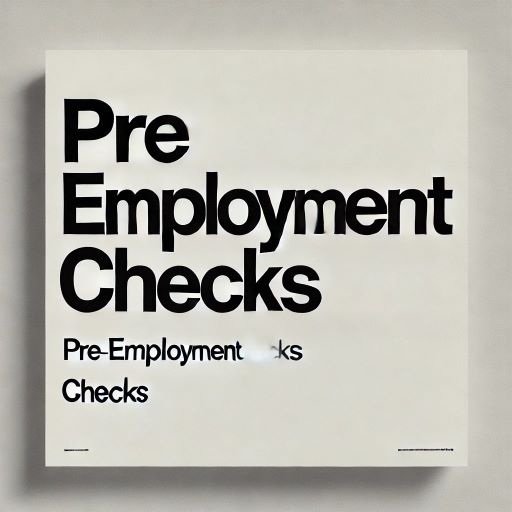

BPSS checks typically include four main elements: identity verification, employment history check, right to work confirmation, and a basic criminal record check. right to work checks as well as a basic dbs checks are part of bpss clearance in the uk. These documents can include passports, biometric residence permits, national identity cards, and work visas. Automated systems can cross-reference and validate information against multiple databases in real-time, ensuring that discrepancies are quickly identified and addressed.
A key component of the BPSS check is the verification of documents, which can be time-consuming. In contrast, BS7858:2019 is tailored for roles where employees handle sensitive information, work in secure environments, or where there is a high requirement for trust and security integrity.
As technology evolves, it will continue to shape how Baseline Personnel Security Standard checks are conducted, promising even greater improvements in efficiency and security in the future. While DBS checks are significant for specific sectors like healthcare and education, BPSS is tailored for individuals with access to government assets and secret information.
Their roles potentially expose them to sensitive information that could affect the country's governance and international standing. BPSS clearance procedures are based on standards set by the UK Government, particularly by the Cabinet Office, which outlines the national security vetting policies.
To guarantee a thorough evaluation of candidates, organizations typically follow these steps:Applicants need to provide documents like a passport or driver's license to confirm their identity. Employers must ensure that their BPSS processes comply with the Equality Act 2010, avoiding any form of discrimination based on protected characteristics during the vetting process. Completing BPSS successfully indicates that an individual has met the baseline requirements for trustworthiness and reliability, which are essential for more in-depth investigations.
While BPSS checks are used primarily as a pre-employment screening tool for government-related positions, DBS checks are broader and focus on determining an individual's suitability to work with vulnerable groups including children and adults. It's essential to provide accurate information and meet the trustworthiness standards to pass the screening process.
This step ensures that the individual has the right to work and is not illegally residing in the country, which is particularly important for maintaining lawful employment practices in sensitive environments. Roles in sectors such as energy, communications, and finance necessitate BPSS clearance to guarantee the protection of sensitive information.
Posted by Jasmine Roberts on 2024-01-25

Discover BPSS requirements for IT and cybersecurity roles.
Posted by Jasmine Roberts on 2023-12-24
Posted by Jasmine Roberts on 2023-10-07

Discover what BPSS clearance is and why it's essential in the UK.
Posted by Jasmine Roberts on 2023-07-23
Posted by Jasmine Roberts on 2023-05-27
Posted by Jasmine Roberts on 2023-05-27
Posted by Jasmine Roberts on 2023-02-02
In some cases, BPSS checks can encounter delays if discrepancies or issues need to be resolved, such as gaps in employment or discrepancies in personal information. BPSS checks are typically required for individuals working in, or on behalf of, the UK government.

The role of verifying the right to work is a crucial component of the Baseline Personnel Security Standard (BPSS) checks in the UK. Reviewing a candidate's employment history is another vital component of the BPSS checks. Employers should manage expectations and provide candidates with as much information as possible about what to expect during the BPSS clearance process to ensure a smooth and efficient vetting experience.
Providing a valid passport or driver's license is essential for verifying your identity when applying for BPSS clearance.


In conclusion, digital technology has profoundly impacted the BPSS process by making it faster, more accurate, and more secure. Depending on the severity and nature of the crime, certain offenses may disqualify individuals from obtaining BPSS clearance. Addressing inconsistencies or gaps in the information provided by the individual undergoing BPSS clearance may necessitate additional time and effort to resolve.
This involves informing candidates that a BPSS check will be conducted, what the check entails, and what specific information will be gathered. Yes, you can fail a BPSS check if there are discrepancies in your identity verification, right to work status, criminal records, or employment history.
To continue accessing government assets, renewal of your BPSS clearance is necessary after this 3-year period. Delving into the intricacies of BPSS clearance can reveal a world of protocols, challenges, and future adaptations that are essential for maintaining security standards. Security assurance
Transportation officials, especially those involved in overseeing or managing public transport security, require BPSS clearance due to the potential risks associated with transportation infrastructure and mass transit systems. For example, individuals who have frequently moved or changed jobs may require more extensive checks on their background, thus extending the process.

Typically in the UK, a standard BPSS check may range from £50 to £100.
BPSS checks are governed by standards set by the UK government, specifically designed to comply with national security guidelines for personnel working in secure environments. Maintain your BPSS clearance by understanding the validity period and renewal requirements. These include the accuracy of the information provided by the applicant, the speed with which previous employers respond to verification requests, and the specific requirements of the employing organization.
The right to work check under BPSS serves as a legal safeguard that prevents illegal employment. Criminal Records Check: Verification of any unspent criminal records is crucial for evaluating suitability for BPSS clearance.
Continuous monitoring and updating of BPSS clearance are recommended for roles that involve ongoing security concerns. Be honest and consistent to avoid failing the BPSS check.
By verifying nationality, immigration status, employment history, and criminal records, organizations can assess the suitability of candidates for positions requiring access to sensitive information like the Public Services Network (PSN). Your BPSS clearance is typically valid for 3 years from the date of issue.

Employers rely on BPSS Clearance results to make informed hiring decisions for sensitive roles. It helps ensure candidates meet security standards required for the job.
Once a BPSS application is submitted, the employer reviews the documents, verifies references, and conducts identity and background checks before granting clearance.
Government roles require BPSS Clearance to ensure that employees handling sensitive information are trustworthy, legally authorized to work, and free of disqualifying criminal histories.
Employers conducting BPSS screening must comply with UK data protection laws. Personal data is stored securely and used only for vetting purposes.